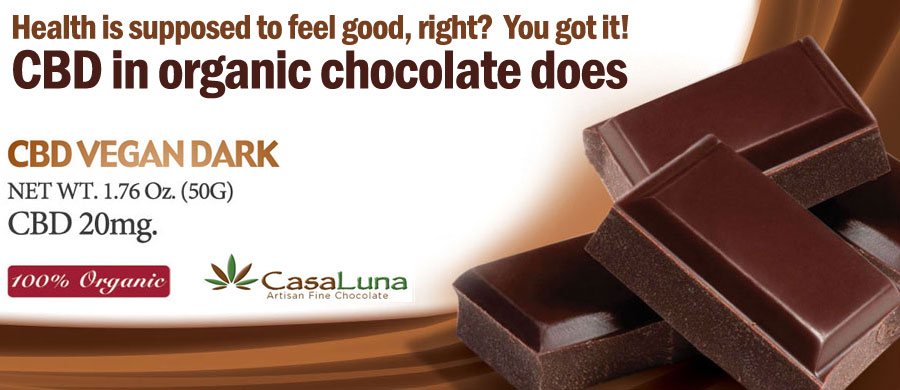
Sunscreen’s A Dream: Study Shows That Applying The Go-To Summer Protection May Be Worse Than Useless
As summer in the northern hemisphere gears up for the final push through to September and the official end of beach days, barbecues and sunburns, a new study says that a longtime standard-carry item in everyone’s beach bag, good old sunscreen, may actually be useless.
Or even worse than useless.
The study says that there simply isn’t much evidence that sunscreen prevents skin cancer. However, the study authors are quick to point out that the absence of evidence is not the evidence of absence.
The fact is that scientists would be hard-pressed to prove that not using sunscreen causes cancer, or that using it doesn’t prevent cancer, simply given the fact that it would be unethical to subject test participants to heightened risk factors for skin cancer.
“Lack of high quality experimental evidence should not be equated with evidence that such interventions are ineffective and it is important that patients and consumers do not stop protecting their skin until better quality evidence emerges,” said lead authors Dr. Ingrid Arevalo-Rodriguez and Dr. Guillermo Sanchez of the Instituto de Evaluacion Technoloica en Salud in Bogota, Colombia in a Reuters interview.
The study focused on what are called basal cell and cutaneous squamous cell carcinomas. These two make up the majority of skin cancer cases. The authors didn’t analyze data on melanoma, which is a better known, but actually much more rare and deadly type of skin cancer.
What they wanted to focus on was research in which some people were randomly assigned to use sunscreen as opposed to other protection.
The researchers examined the data that came out of a study conducted in Australia which did just that, monitoring around 1,600 people for over a four-year period. In that time, researchers didn’t find a significant difference in the number of new cancer cases detected based on whether people used sunscreen every day or only occasionally.
And while a study of that size and limited scope is hardly enough to prompt recommendations of throwing out your favorite bottle of SPF 1000, it does suggest that what we know about how and how well sunscreen does what it says it does needs to be scrutinized a little more deeply.
Especially in light of reports earlier this summer that showed that most sunscreens protection factors fall far below what they claim, it’s time someone design an ethical study that will tell us if we’re actually protected from the sun or not when we use these ubiquitous, multi-billion dollar products.
###
http://www.newsmax.com/Health/Health-News/evidence-sunscreen-prevents-skin/2016/08/05/id/742283/

